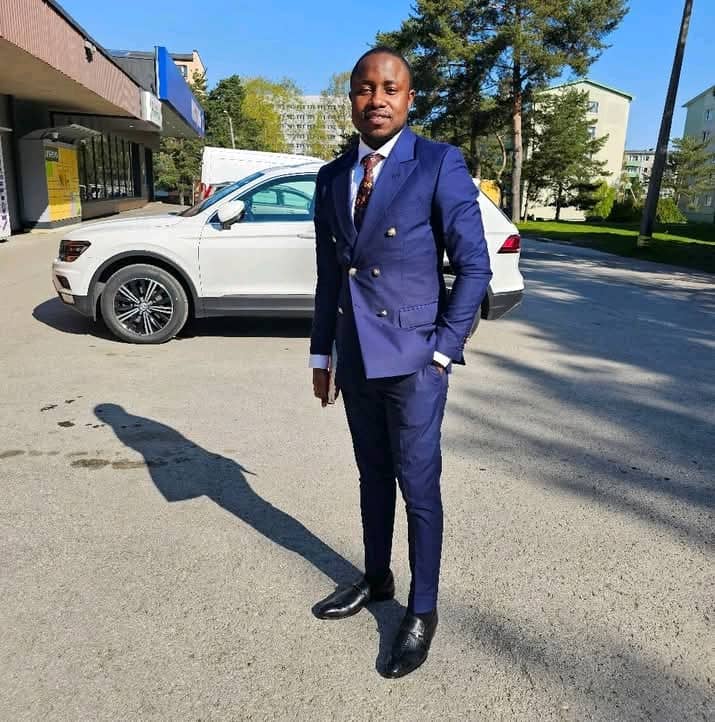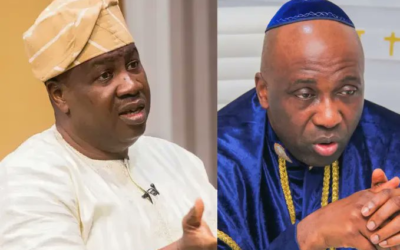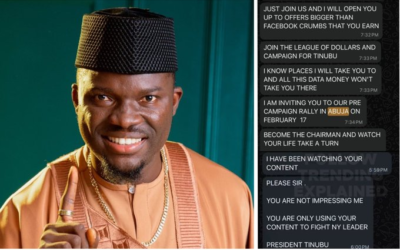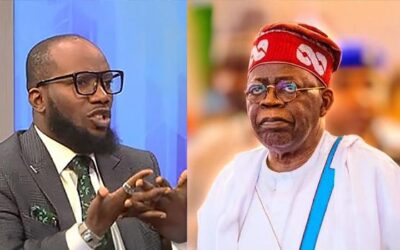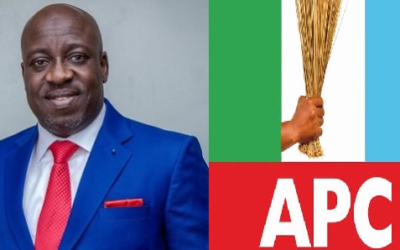
1942 – 2025: Life And Time Of Former President, Muhammadu Buhari
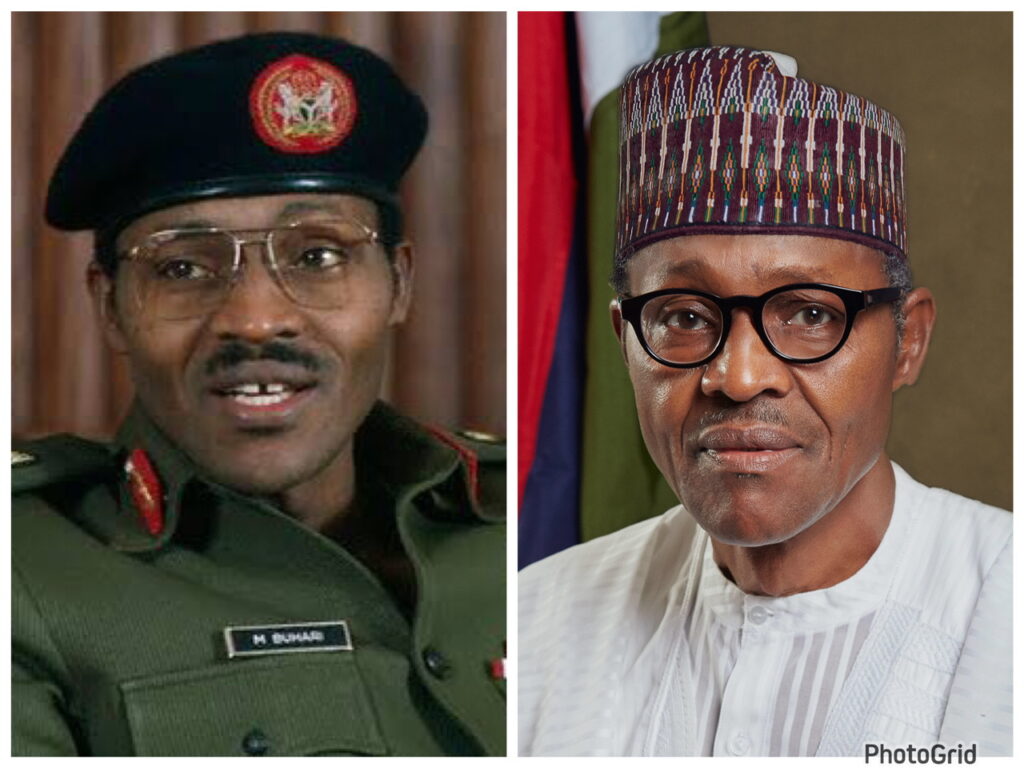
The Death Of Former Nigerian President Muhammadu Buhari, A Retired Major General And Two-Term Democratically Elected Leader, Has Prompted National Reflection On His Legacy, Life And Times.
From Military Barracks To The Presidential Villa, His Journey Shaped The Political History Of Modern Nigeria, And In His Final Days, He Was Observed To Live A Quiet Life Away From Public Attention Most Of The Time.
But, The Question Is How Should Nigerians And History Remember Him?
With The Death Of Former President Muhammadu Buhari, A Chapter In The History Of Nigeria Has Closed. It Was A Chapter That Was Fraught With Many Milestones. But It Was A Chapter That The History Of Nigeria Would Not Be Complete Without It.
Buhari, Born On December 17, 1942 In Daura, In Present Day Katsina State, He Was One Of The 23 Children Of His Father, Mallam Adamu. Initially Sent To Koranic School, His Formal Education Journey Began With His Enrolment In A Primary School In Daura Before Moving To Katsina Middle School Which Was Later Named Provincial Secondary School Where He Finished His Secondary Education In 1961.

Unknown To Many Nigerians, Buhari Actually Wanted To Become Medical Practitioner. That Was His Dream. However, Fate Had Other Ideas. Inspired By The Late Hassan Katsina, Who Was Then An Already Commissioned Officer Of The Nigerian Army, Buhari’s Course Of Life Was To Change From An Aspiring Medical Doctor To A Military Officer.
Shortly Before His 20th Birthday, Buhari Was One Of The 70 Intakes Into The Nigerian Military Training School, NMTC, In Kaduna. The School Was To Later Change To The Nigerian Defence Academy, NDA.
Buhari Went For Officer Training Course Mons Officer Cadet School In Aldershot, United Kingdom, In 1962 And Upon His Return To The Country In 1963, He Was Commissioned A Second Lieutenant Of The Nigerian Army And His First Military Posting And Assignment Was As Platoon Commander Of The Second Infantry Battalion Of The Nigerian Army In Abeokuta, In Present Day Ogun State.
Buhari’s Involvement In The Political History Of The Nation Did Not Just Start When He Was Named The Head Of State And Commander-In-Chief Of The Armed Forces On December 31, 1983 Following The Sacking Of The Then Democratically Elected Government Of Late President Shehu Shagari.
In Fact, He Has Been Involved 17 Years Before Then In 1966 When He Joined The Likes Of General Theophillus Danjuma, To Oust Then Head Of State, Late General Thomas Aguiyi-Ironsi In A Counter Coup On July 29, 1966.
Buhari Who Was Actively Involved In Military And Some Takeover Of Power By Junta, Switched From Wearing Uniform To Becoming An Democrat Executive By Stepping Out Of The Shadows Once Again In Early 2002 When He Announced His Intention To Participate In The 2003 Elections. He Joined The Now Defunct All Nigeria People’s Congress, ANPP, Emerged As The Presidential Candidate Of The Party. He Was Defeated By The Incumbent, President Obasanjo. Undaunted, Buhari Ran Again In 2007, Again As The Candidate Of The Same ANPP. But This Time, He Was Defeated By His Fellow Katsina Indigene And Former Governor Of The State, The Late Umaru Musa Yar’Adua.

Hoever, The Unfortunate Death Of Yar’Adua After A Protracted Illness Led To The Emergence Of His Deputy, Dr. Goodluck Jonathan, As The New President. Jonathan Completed Yar’Adua’s Term Office And Was The Candidate Of The Ruling People’s Democratic Party, PDP, For The 2011 Presidential Election. Buhari Ran, Yet Again.
However, A Persistent Buhari In 2012 Started Negotiations With Other Parties Which Led To The Formation Of The Current Ruling Party, The All Progressives Congress, APC. His Emergence As The Candidate Of The Party In The Presidential Primary Election Held In Lagos In December, 2014, Where He Defeated Former Vice-President Atiku Abubakar. And Three Months Later, He Led The Political Movement That Made History As The First Opposition Party To Win A General Election In The History Of The Country, Defeating An Incumbent And Went On To Rule For 8 Years. Buhari’s Governance Style Was Obviously Not To Increase The Burden On The Poor.
However, He Had Some Controversial Moments Like The Branding Of Nigerian Youths As Lazy, His Economic Policies That Sapped The Naira, His Handling Of Corruption Issues And The Endsars Protest His Body Langauge On Security And Many Other Issues Of National Importance.
READ ALSO: BREAKING: Akume, Wike, Others In Tinubu’s Committee For Buhari’s Burial
From Joining The Nigerian Army In Early 1960s To Becoming Petroleum Minister Under Obasanjo In 1976, Being Appointed Military Governor Of The North-East State In 1975 Leading The 1983 Coup To Become Military Head Of State His War Against Indiscipline In 1984 And The Popular End Sars Protest In 2020, Allegations Of Being Cloned During His Sick Days As President, Buhari Lived A Life Filled Of Controversies, Victories And Testimonies Buhari’s Legacy Remains Deeply Debated.
To Some, He Was A Principled Disciplinarian And Anti-Corruption Crusader; To Others, An Authoritarian Whose Governance Fell Short Of Nigeria’s Democratic Aspirations. Regardless Of Our Divisive Stances, Late President Buhari Time As A Nigerian Leader Could Be Seen As One F The Moments That Shaped Nigeria’s History And His Impact Will Forever Be Remembered As His Body Is Laid To Rest.



